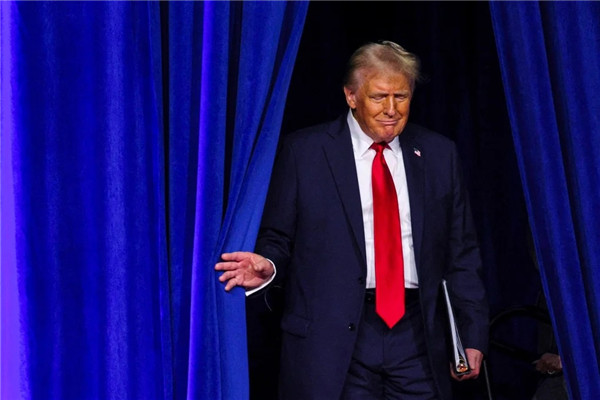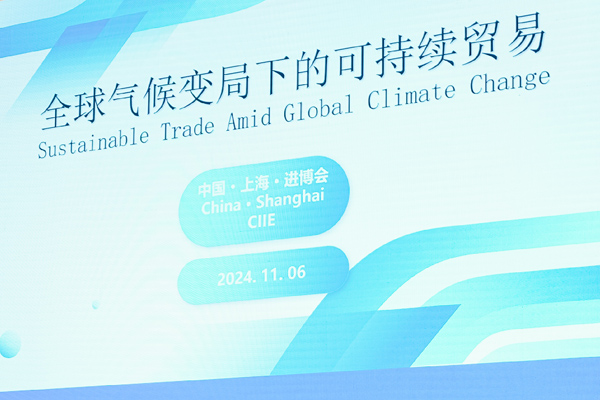Hudson Institute expert Richard Weitz talks China-US security ties
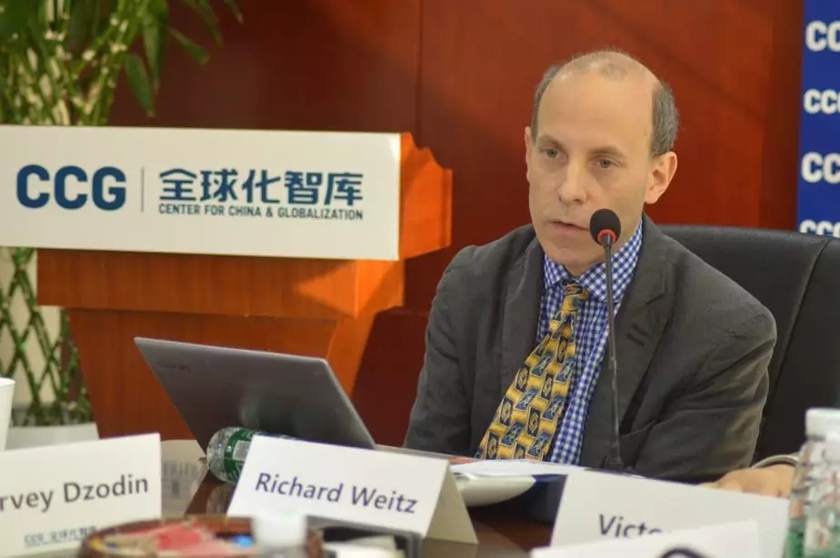
On January 13, 2020, Richard Weitz, senior fellow and director of the center for political-military analysis of Hudson Institute gave a speech at the Center for China and Globalization (CCG) headquarters in Beijing. The speech focused on China-US security relations, the weakening of the global arms control regime, and solutions to this issue.
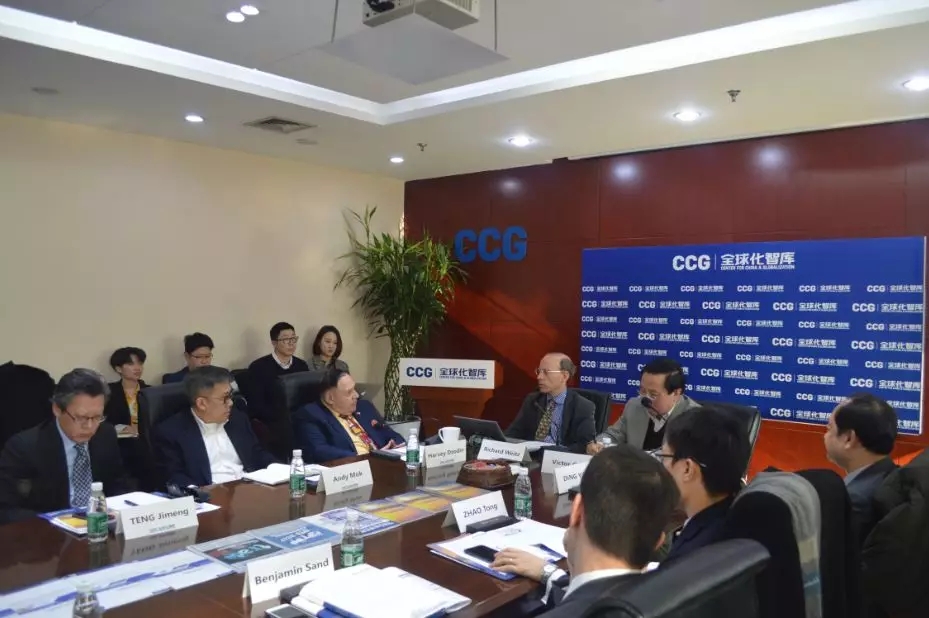
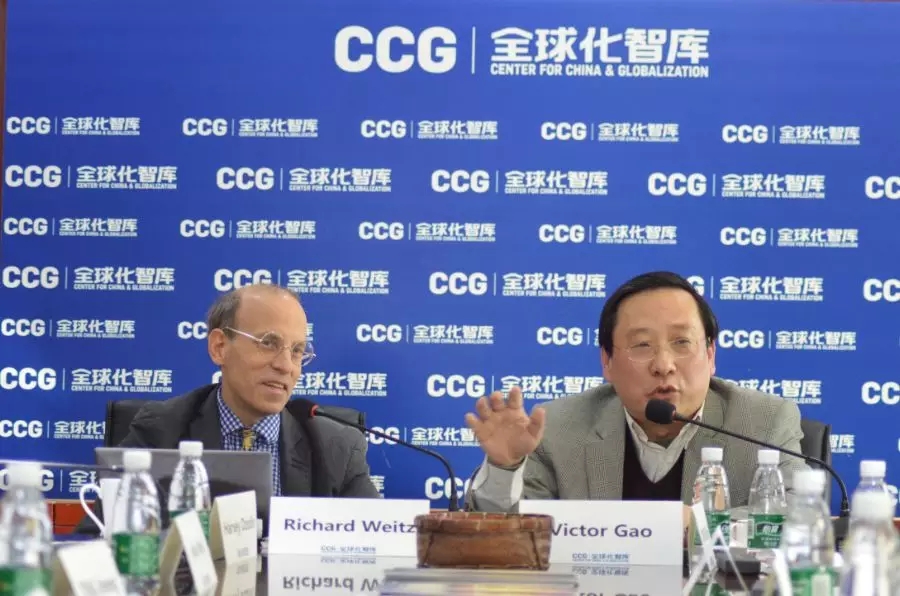
Weitz said that the global arms control regime has been weakened due to two reasons, namely the advent of new weapons technologies and the proliferation of strategic capabilities to new countries.
New technologies challenge and complicate traditional global arms control
Weitz pointed out that the current global arms control regime was built with a focus on the US and USSR with strategic nuclear weapons in mind. New weapons technologies such as missile defense and AI have gradually attained strategic capabilities that can complicate traditional deterrence calculations. It is thus harder to classify and control these new technologies without an updated arms control regime.
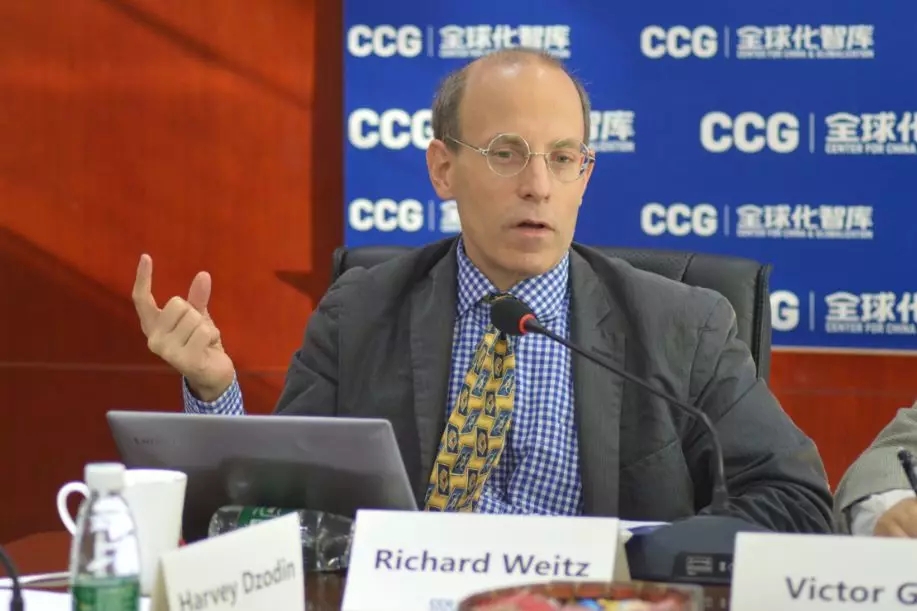
New technologies may be adopted by more and more countries
Secondly, Weitz noted that the current arms control regime is at risk of collapse due to the proliferation of strategic capabilities to additional countries. More and more countries have military capabilities, including new strategic and non-strategic weapons like ballistic missiles, which impact the international military system. He also said the current treaty of arms control is too limited in focusing on Washington and Moscow. He suggested it is time to bring China into this framework.
China could and should participate in global arms control treaties
Weitz examined why China could and should become more involved in formal arms control reductions.
He said China’s growing international role is one of the most important reasons that China has altered many of its previously “unchangeable” foreign policies in recent years. He suggested China be involved in the global arms control regime, not necessarily via a formal treaty, but at least through some measures that China could take with the US, Russia and NATO, as military dialogue plays an important role in international relations.
In the following roundtable discussion, participants shared their opinions related to Weitz’s speech.
Victor Gao: China is already part of the global arms control regime
Victor Gao, CCG vice president, said that the US should better understand China, especially Chinese thinking with respect to nuclear weapons. Gao said China already has arrangements with respect to global arms control. For better China-US relations, Gao said China should be regarded as a force of cooperation and that China is always eager to promote US-China relations.
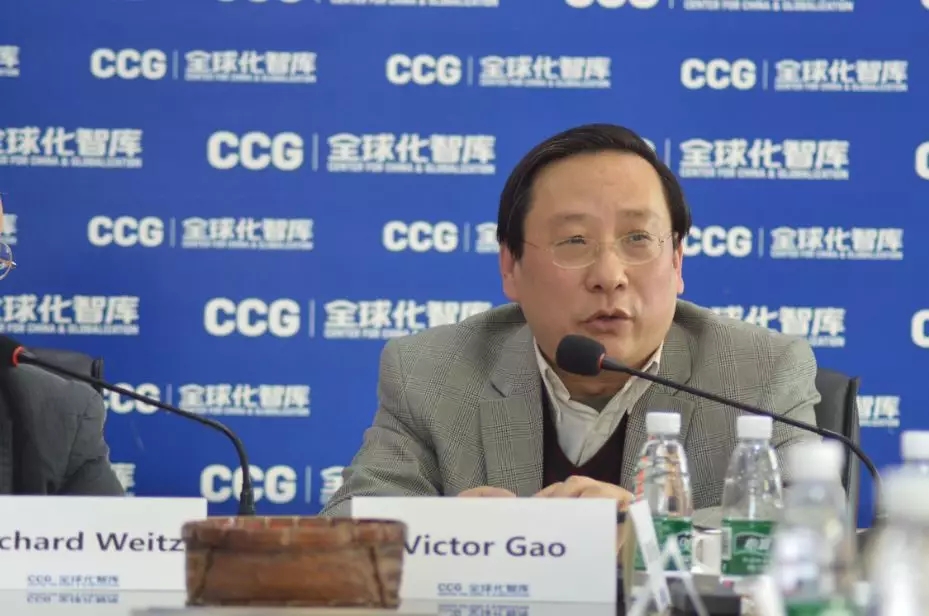
Ding Yifan: Military dialogue is important, as are other dialogues
Ding Yifan, senior fellow at National Strategy Institute of Tsinghua University and CCG nonresident senior fellow, agreed that China could consider US concerns about China’s absence in the global arms control regime. However, he said that China cannot always be the role of moderator in military dialogue as the US expects. Ding said that military dialogue is important, but that dialogue on other issues like climate change is also important.
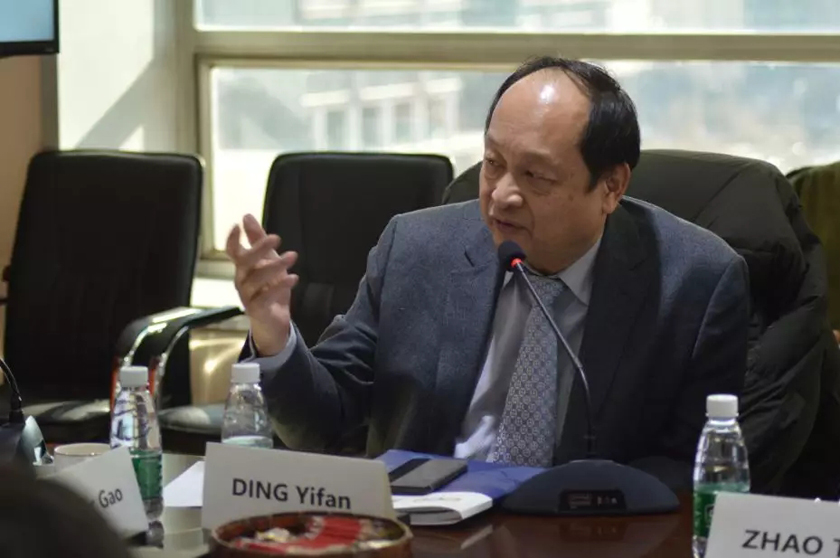
Zhao Tong: China has four factors to consider when joining the global arms control regime
Zhao Tong, senior fellow at Carnegie-Tsinghua Center for Global Policy, highlighted four factors that may encourage China to get more involved in the global arms control regime.
He said that China would get more involved in global arms control regime only if it helps to reduce economic uncertainties amidst between great power competition and benefit China’s security with regard to the Russia-China treaty. Zhao said the risk of new technologies can be addressed only through military dialogue. He added that China could one day replace the US in playing the leading role in the global arms control system.
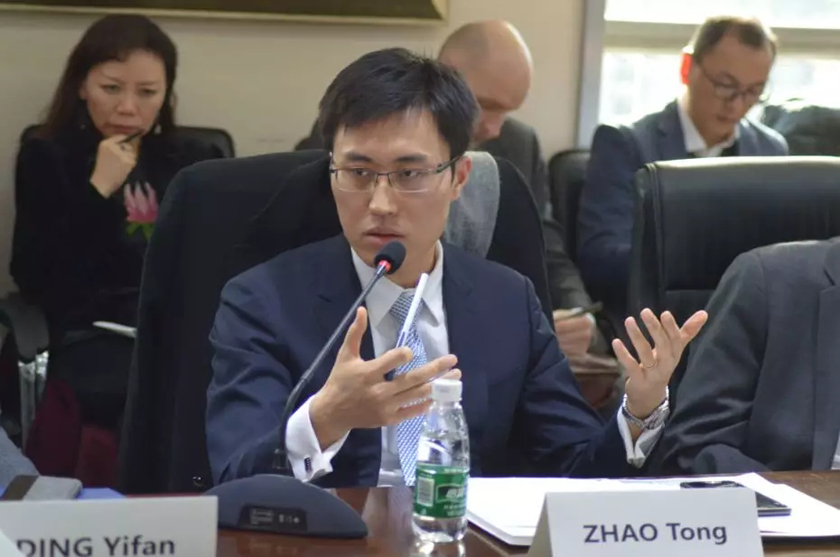
Additionally, Zhao Tong pointed out that China is uncertain about the US proposal to invite China to join the global arms control regime, which could be used as a strategy to contain China.
Other experts that participated in the discussion included Harvey Dzodin, former vice president of the ABC TV Network and CCG senior fellow; Andy Mok, CGTN commentator and CCG senior fellow; and Teng Jimeng, professor of Chinese Culture and Film Studies in the Alliance Program of Beijing Language & Culture University.
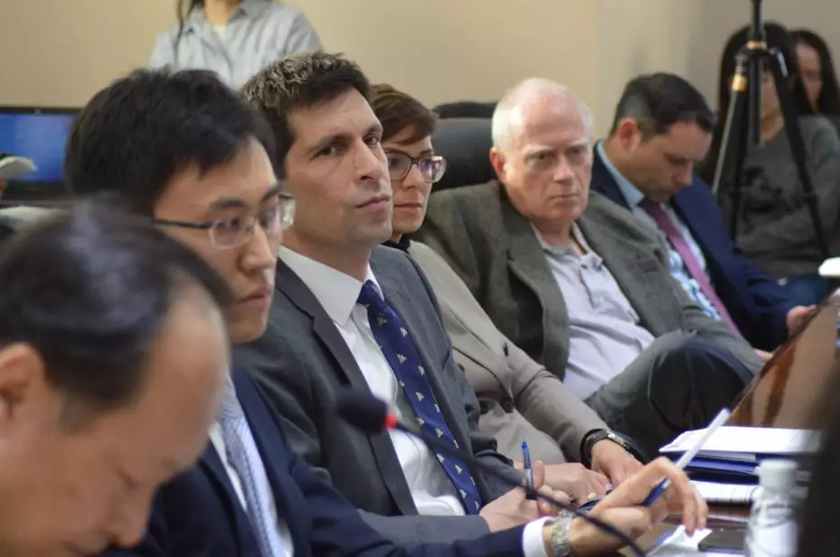
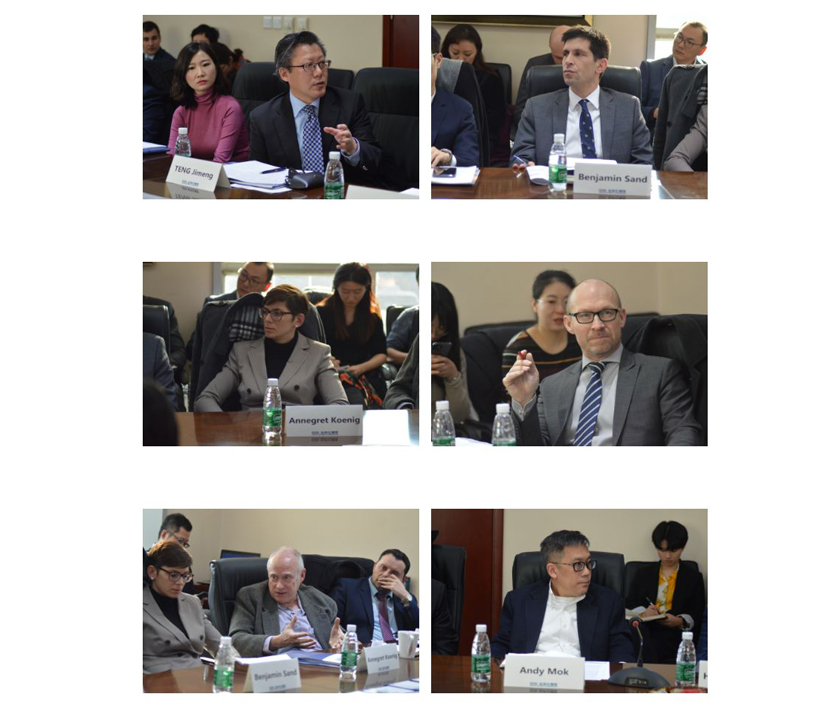
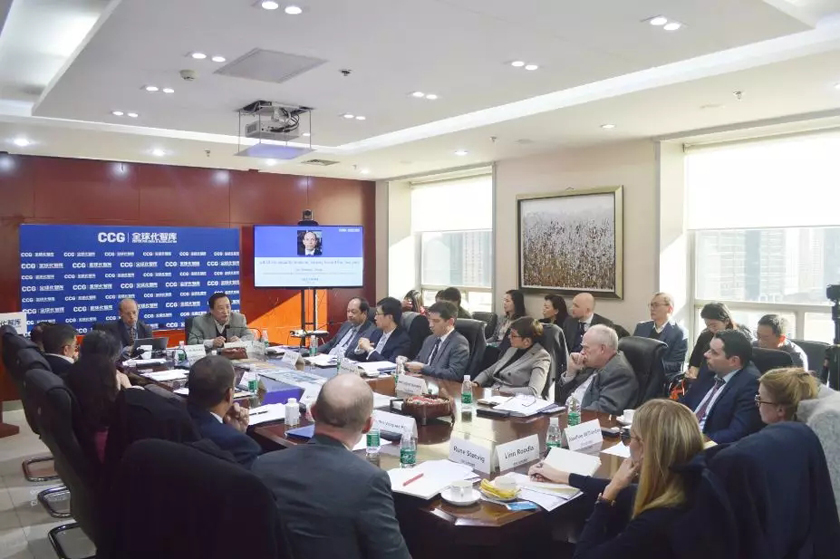
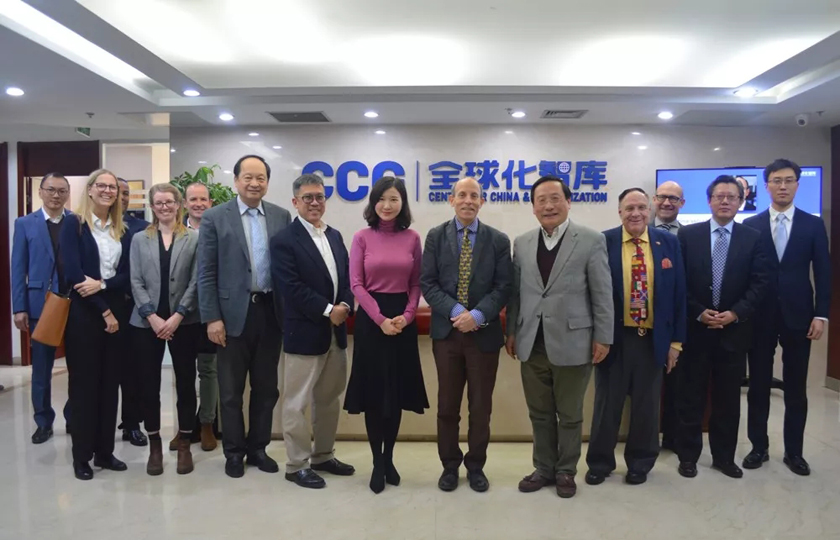
Speaker’s bio :
Richard Weitz is Senior Fellow and Director of the Center for Political-Military Analysis at Hudson Institute. His current research includes regional security developments relating to Europe, Eurasia, and East Asia as well as U.S. foreign and defense policies. Before joining Hudson in 2005, Dr. Weitz worked for shorter terms at the Institute for Foreign Policy Analysis, Center for Strategic and International Studies, Defense Science Board, Harvard University’, and other research institutions, and the U.S. Department of Defense.
Dr. Weitz has authored or edited several books and monographs, including Promoting U.S.-Indian Defense Cooperation (2017); Enhancing the Georgia-US Security Partnership (2016); Parsing Chinese-Russian Military Exercises (2015); China and Afghanistan After the NATO Withdrawal (2015); Reforming U.S. Export Controls Reforms (2015); Turkey’s New Regional Security Role: Implications for the United States (2014); Rebuilding American Military Power in the Pacific (2013); Global Security Watch—China (2013).

